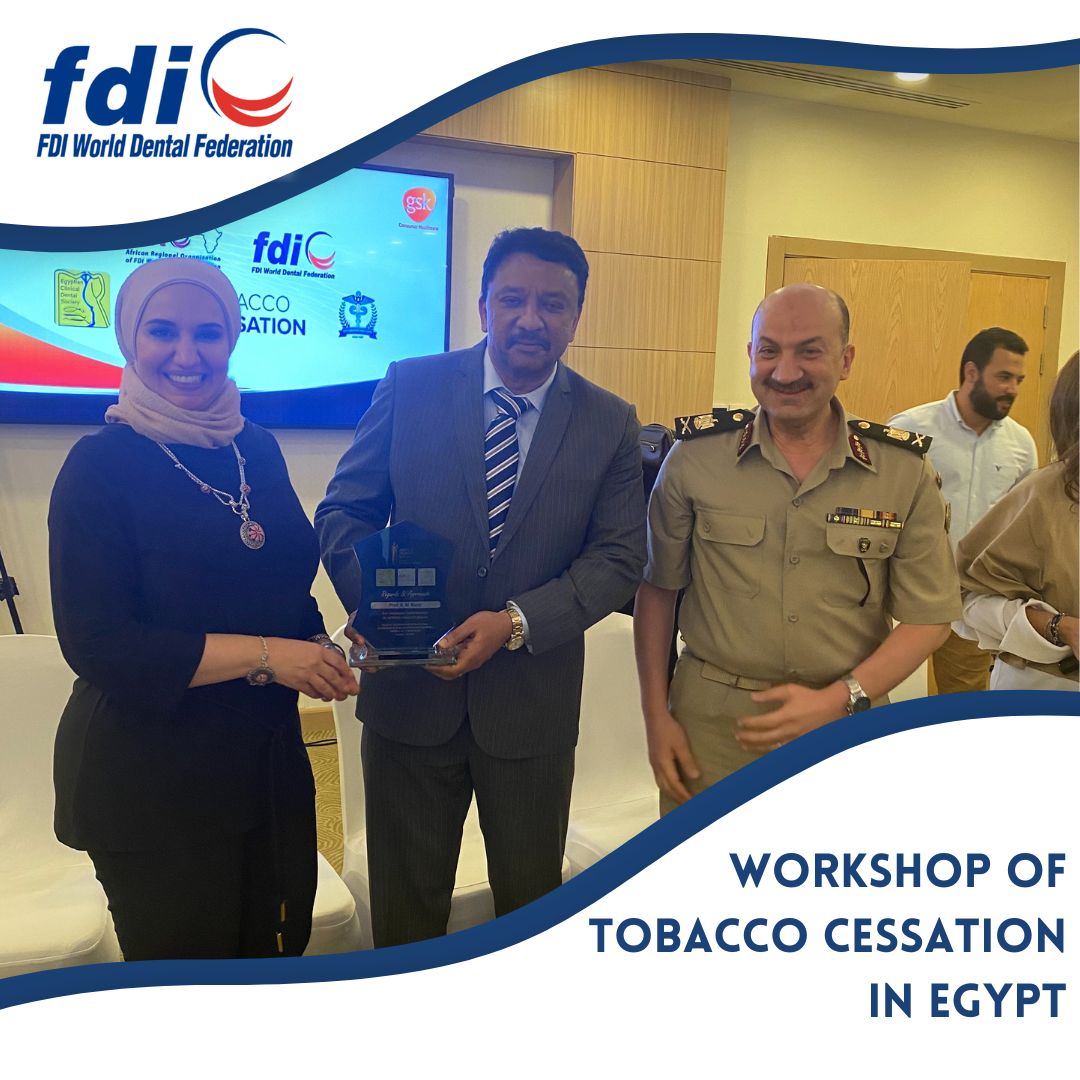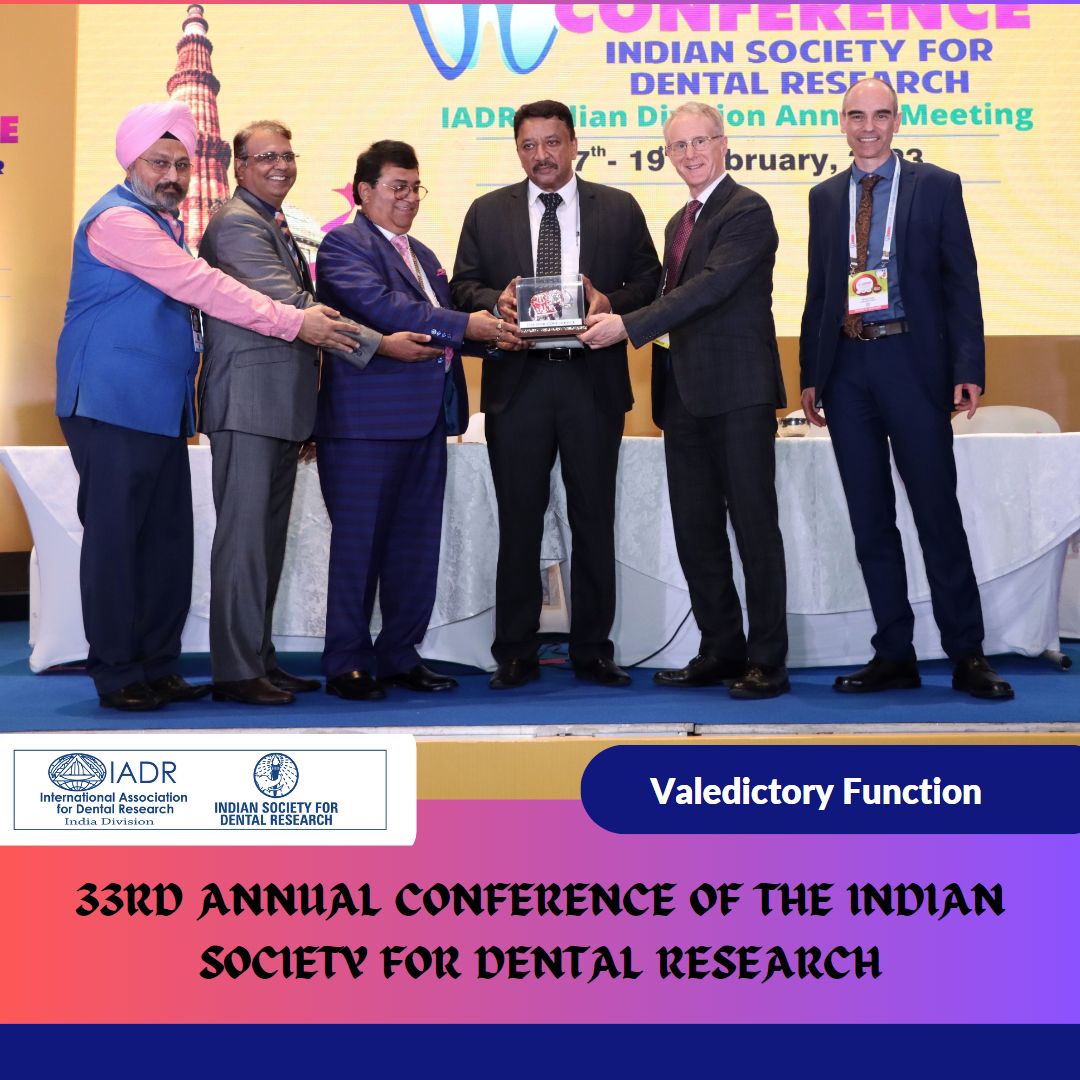Contents
Open bite from displacement of reduced fracture
This young man is from Chennai, Tamil Nadu. He had a bike accident a week ago. Direct impact to his mandible resulted in a fracture of the mandible. He sustained facial injury as a result of this accident. This resulted in inability to close his mouth with an open bite. There were no soft tissues injuries from this accident. The patient never lost consciousness. He remained lucid during the immediate period after the fracture. Examination by a neurologist revealed no signs of head injury in the patient.
The neurologist explained to the family that the helmet had saved the patient’s life. He explained through charts how the injuries would have been very severe if the patient had not been wearing his helmet.
Presentation at our hospital for management of fracture
His family wanted the best treatment for his jaw fracture. They made enquiries about the best jaw fracture surgeon in India. He was then brought to our Balaji Dental and Craniofacial Hospital for treatment. Our hospital is a premier hospital for jaw fracture surgery in India. Success rate of surgery for mandibular fractures at our center is amongst the best in India. Our hospital is a specialty maxillofacial surgery center. We deal with cases of maxillofacial trauma on a daily basis. Our center is a top referral center among city plastic surgeons.
Special training through workshops are a regular feature at our hospital. Many oral and maxillofacial surgeons undergo this training. Fractures of the bones of the face are a common feature at these workshops. Injuries to the face are a common occurrence in the city. Treating these injuries needs the utmost care.
Treatment plan presented and consent obtained from patient
Dr SM Balaji, facial trauma surgeon in India, examined the patient. He obtained imaging studies for the patient. There was no fracture involvement of the eye sockets. There was no involvement of other facial bones or soft tissue. Any dental implants along the fracture line would need removal if present. Fracture was only at the left mandible. This came under the classification of facial fractures. There had been no facial lacerations from the accident. Location of the fracture determined his treatment plan.
Rigid fixation was essential for fracture stability. Fracture treatment would be through open reduction and internal fixation. This decision was based upon his experience with jaw fractures correction. The patient consented to the treatment plan. All appropriate consents were next signed by the patient and surgery scheduled.
Open reduction versus closed reduction
Open reduction and closed reduction are two ways of setting a fractured bone. The fractured segments of the bone stay reduced when it is a favorable fracture. The anatomy of the fracture ensures this. Certain fractures can be reduced without any skin incisions. These stay in place without displacement with plaster casts alone. This is a closed reduction. The break has to be clean without comminution of the fracture.
Fractures that do not stay reduced need open reduction and internal fixation. An incision is first made to gain access to the fracture site. Titanium plates and screws are then used to fix the fragments of bone to each other. This results in stabilization of the fracture. Incisions used to access the fracture are then closed with sutures. This is then followed by a period of immobilization for consolidation of bone. A closed reduction is possible only in a favorable fracture. All other fractures need open reduction and internal fixation.
Fractures of the mandible can be favorable or unfavorable fractures. Favorable mandibular fractures stay stabilized with closed reduction and intermaxillary wiring. Care should be taken to maintain proper occlusion of the teeth. These fractures heal without any further intervention.
Unfavorable mandibular fractures can comprise of several fracture segments. These do not stay stabilized with closed reduction. They need correction through stabilization with titanium plates and screws. An incision is first made to access the fracture site. The fracture fragments are then brought together into proper anatomical alignment. Titanium plates and screws are then used to stabilize the fracture. Occlusal harmony of the teeth should be ensured before final closure. The patient needs to return for periodic checks for a prescribed period of time. Full bone consolidation at the fracture site ensures complete healing of the fracture. The number of plates used for fracture reduction would increase with fracture severity.
Successful open reduction and internal fixation of the fracture
Under general anesthesia, a left vestibular incision in the mandible exposed the fracture. The fracture segments were then brought into correct alignment and occlusion checked. The fracture was then stabilized with plates and screws. Incisions were then repaired by suturing.
The patient expressed his satisfaction at the results of the surgery before discharge. He was able bring his teeth together. The open bite had undergone complete resolution. Facial esthetics was also perfect and there was no residual asymmetry.
Surgery Video




